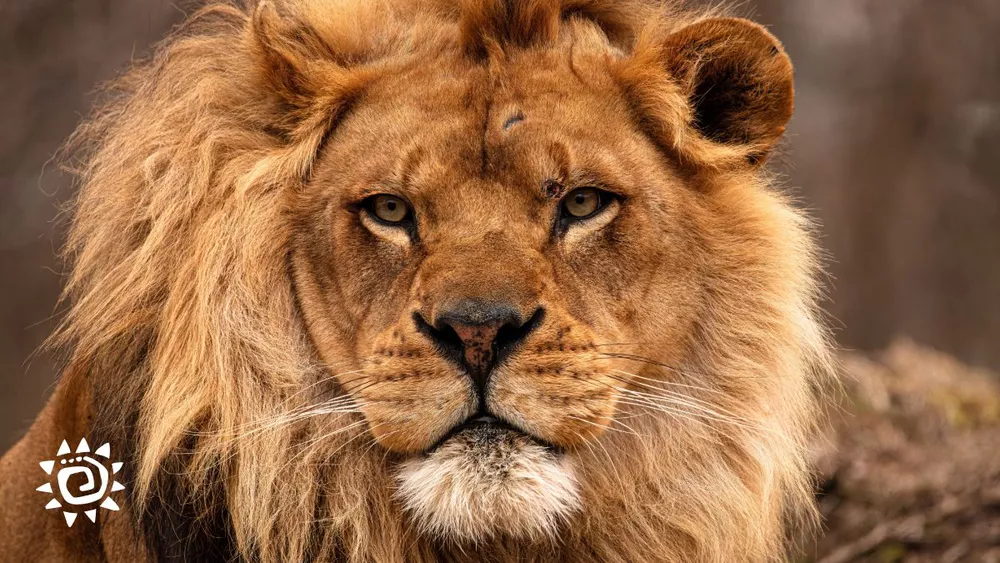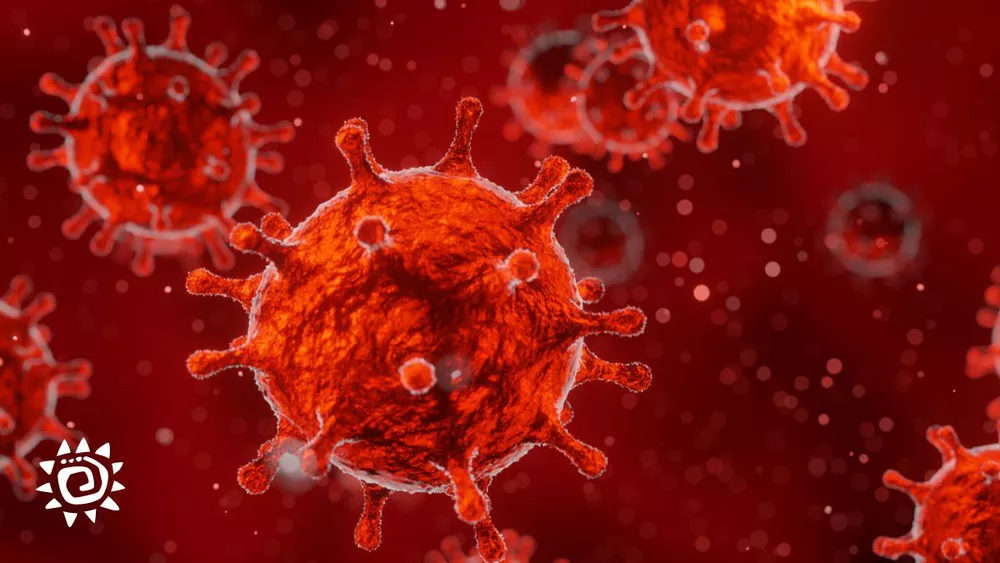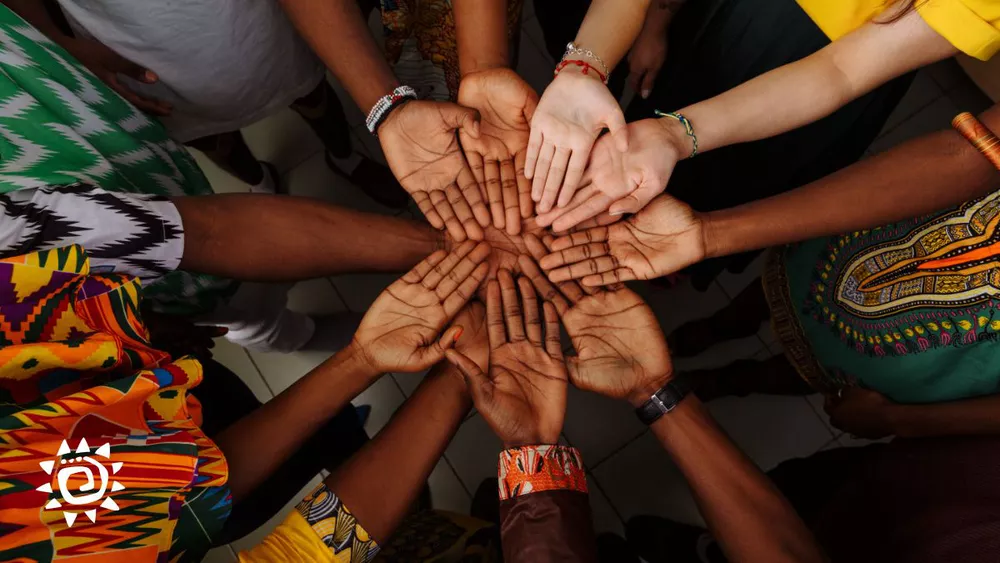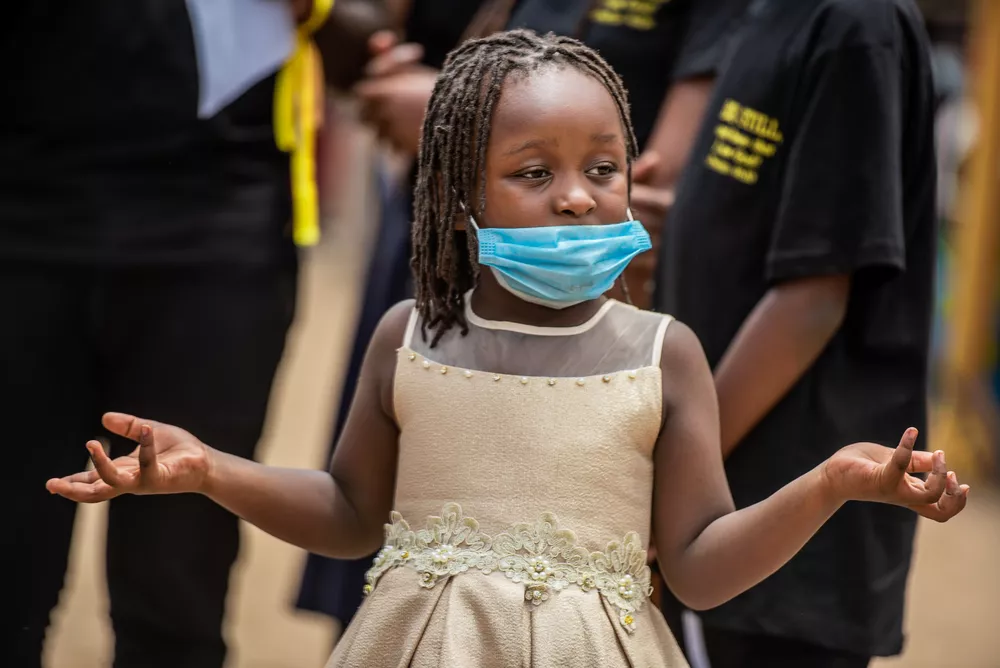Imagine for a second, that we are all living in a village in Africa. Surrounding us is the thick, rolling green vegetation of a forest with a nearby stream that forms the lifeblood of our daily existence. Life is peaceful, predictable and simple, with very little in the way of strife and upset.

Photographer: Andy Mai | Source: Unsplash
This continues for a time until our Leader calls an emergency community meeting. The alarming news is that recently, in the dark of the night, a wild animal that we can only presume to be a lion has been attacking the village. These attacks started with our livestock, but now, more brazenly, the animal has started to attack our brothers and sisters – primarily those that are older and comparatively weaker.
We have a strict basic code about things like these, but those who don’t adhere to it and leave themselves exposed fall prey to the Lion. It is as though the Lion watches, tracks and follows those who expose themselves – sometimes following villagers home and ravaging their families as well.

What is the African response?
The above metaphor requires a response from the community. A response in facing the unknown. We do not know exactly what is attacking us, we do not know how many wild animals lie in wait in the surrounding bush. All we know is that we cannot let our families suffer and die at the hands of the unknown enemy.
Surely, given the circumstance the community would band together to find ways of protecting and providing for the vulnerable. The value of human life would mean that they would enforce rules and regulations and demand total obedience from the community. Families and households would be charged with the responsibility of their members where offenders would be subject to consequences. The day to day life that we once knew, peaceful and simple would abruptly be changed to seek enduring solutions.
Unpacking the metaphor
For the first time in many years, the world is experiencing a global pandemic with country wide lockdowns affecting social, economic and political activities. As a result of the havoc COVID-19 (the coronavirus) is wreaking, world leaders continue to exhibit signs of despair and helplessness. There is uncertainty around the promised vaccine, and immense pressure from the country to find the subtle, balance between economic activity and preservation of life.

On the whole we are ill-equipped to understand and deal with the complexities of this novel virus. Even the most basic of principles surrounding protection of the community are questioned and not adhered to in some areas. We have been confronted with the reality of drastic change, particularly in the area of familial social and cultural practices: the practices that make us distinctly African but also contribute to the spread of the virus.
This picture is the picture that we see in our village. This virus is the ill understood predator that is putting our livelihood in a sudden precarious position. We are the villagers that are required to respond…
What now?
COVID-19 and Culture
The second wave is demanding answers from us, answers about the very fibre of our cultures in many instances. There is no doubt that the current crisis points to an interplay of science, the unknown and our cultural values and practices. the coronavirus is entreating us to have a dialogue between our communitarian beliefs, values and practices and science.
Scientific knowledge about the virus suggests transmission via droplets of saliva or mucus – most of which can be offset by social distancing and the avoidance of gatherings. Next to this – our tapestry of vibrant and enduring African cultures are communitarian at their core. Whether consciously or not, Africans are almost inherently communitarian, with so much of our day-to-day lives being entrenched in time spent together.

A lot of the practices we are used to have been singled out as having the capacity to be “super spreaders’ of the virus. Being that COVID-19 has come to the fore as a matter of life and death.
This raises an ethical dilemma for us as Africans. We are to either choose life affirming practices or ignore the public health call.
Some of these choices are relatively rudimentary – choosing not to have an evening event with friends to share meat, music and conversation is simple enough. But what happens to that same choice when a baby is born? A young couple gets married? A young intelligent member of our neighbourhood graduates?
What happens when a Matriarch that formed the core of our neighbourhood passes away? What happens when it is Christmas and each of our family members from different regions of the country is due to return to our familial home?
Grand-daughter reciting a poem during a burial ceremony

Photographer: muthengi mbuvi | Source: Unsplash
These are some of the questions being asked of us as Africans daily and relentlessly by the coronavirus. We have to juxtapose our value for human life with our value for culture. The virus challenges us as Africans to interrogate our familial practices and where possible de-construct and re-construct some principles that we hold dear. Families must take up the responsibility of educating their members and making sure of their safety.
We cannot remain the same when we are under attack.